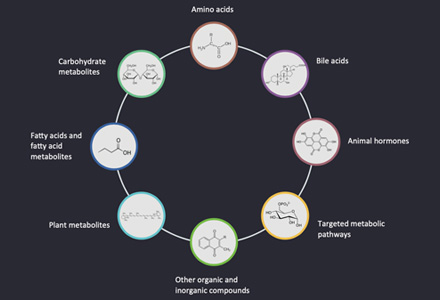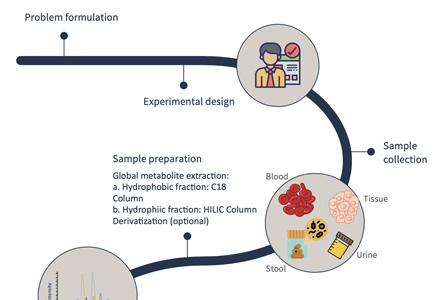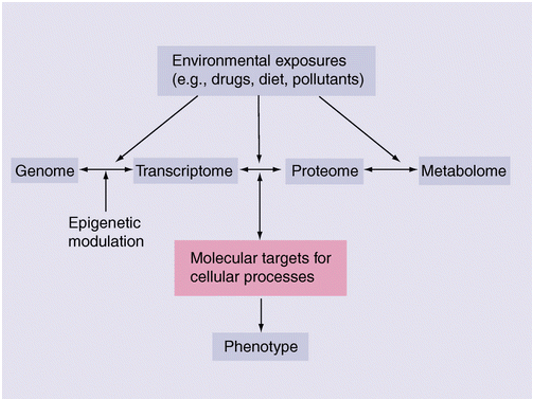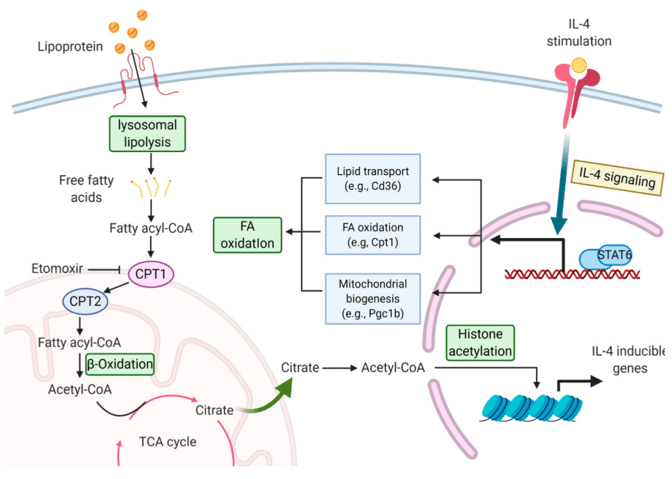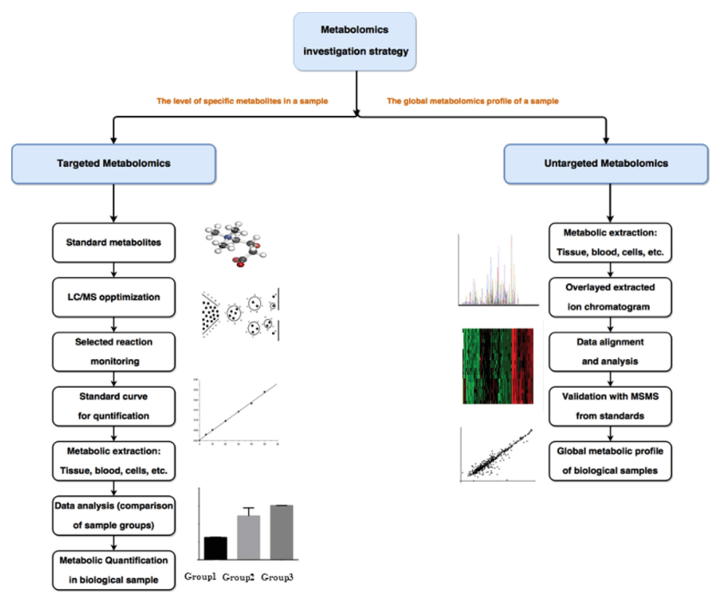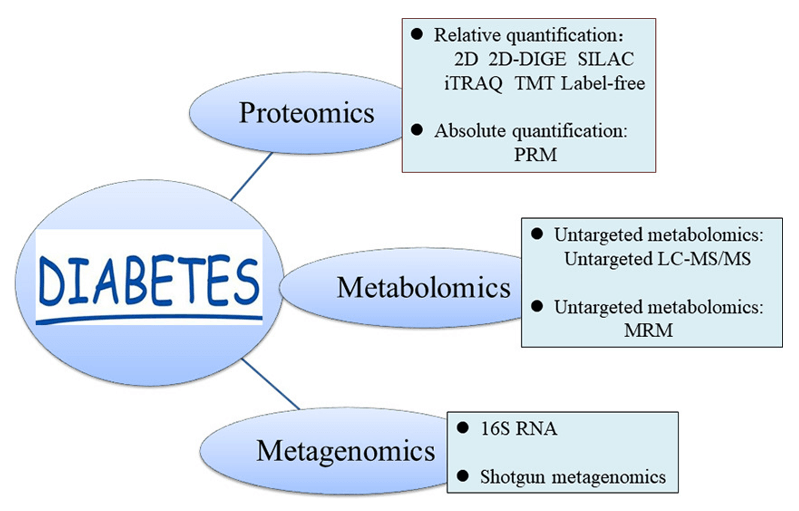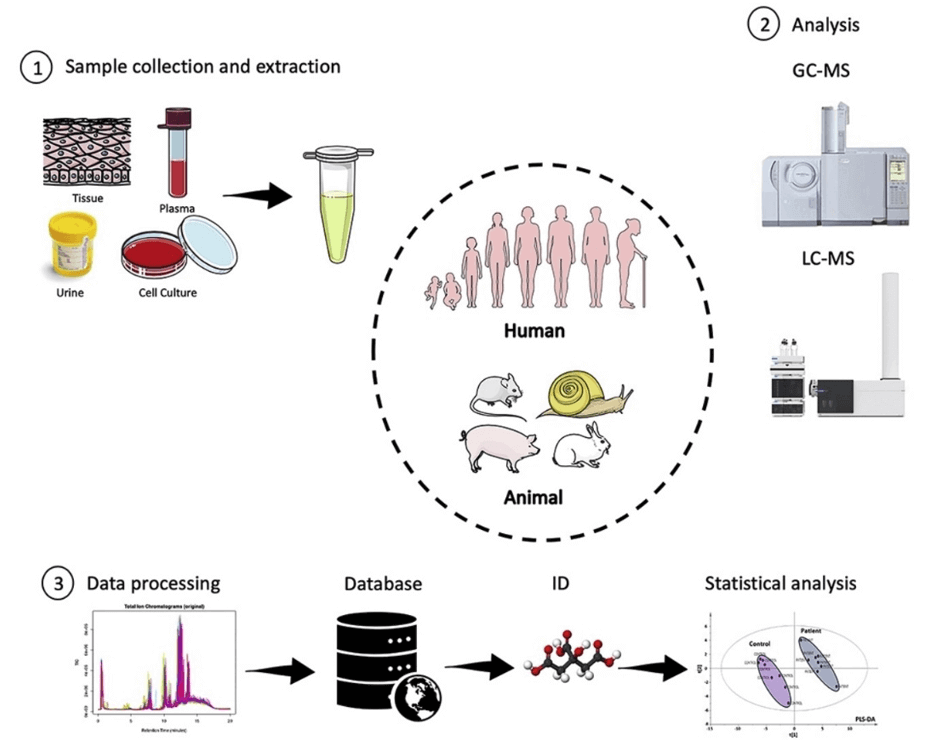Isocitric Acid Analysis Service
Submit Your InquiryWhat is Isocitric acid?
Isocitric acid, also known as isocitrate, is a key intermediate in the tricarboxylic acid (TCA) cycle, a central pathway for energy generation in eukaryotic cells. It is an isomer of citric acid and serves as a critical substrate for enzymes such as isocitrate dehydrogenase (IDH), which is involved in the oxidative decarboxylation of isocitric acid to α-ketoglutarate. Understanding the metabolism of isocitric acid is vital for unraveling the intricacies of cellular respiration and energy production.
Analyzing isocitric acid is crucial as it provides valuable insights into cellular energy production, serves as biomarkers for various metabolic diseases and cancer, and supports drug development. It aids in comprehending energy efficiency, early disease detection, and drug efficacy assessment.
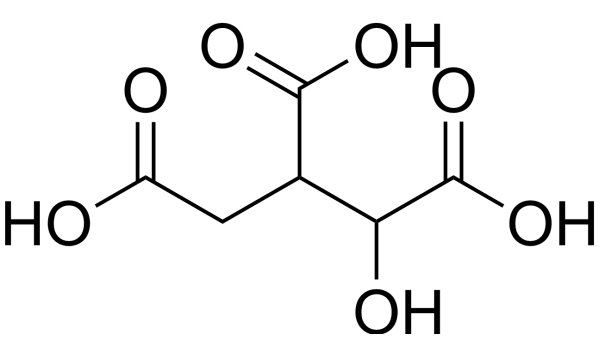 Molecular structure of isocitric acid
Molecular structure of isocitric acid
Isocitric Acid Metabolism
Isocitric Acid is metabolized through a series of enzymatic reactions, ultimately leading to the production of ATP and reduced coenzymes such as NADH and FADH2. The metabolism of Isocitric Acid involves the following steps:
- Conversion to α-Ketoglutarate: Isocitric Acid is first decarboxylated to α-ketoglutarate by Isocitrate Dehydrogenase (IDH).
- Generation of NADH: During the conversion, NADH is produced, which is essential for oxidative phosphorylation.
- Subsequent TCA Cycle Reactions: α-Ketoglutarate enters the TCA cycle, where it undergoes further oxidation reactions to produce ATP.
Creative Proteomics Isocitric Acid Metabolism Analysis Services
Isocitric acid quantification: We employ advanced mass spectrometry techniques for precise isocitric acid quantification. Our methods can detect even trace amounts of isocitric acid in various sample types.
Isotopic labeling studies: Stable isotope labeling techniques are utilized to trace the fate of isocitric acid in metabolic pathways. This aids in understanding its role in energy production and biosynthesis.
Enzyme activity assays: Our experts conduct enzyme activity assays to assess the functionality of key enzymes involved in isocitric acid metabolism, such as IDH.
Biomarker profiling: We offer comprehensive biomarker profiling services, including the analysis of isocitric acid and related metabolites, to aid in disease diagnosis and research.
Isocitric Acid Metabolomics Analytical Techniques
High-Resolution Mass Spectrometry (HRMS): Our state-of-the-art HRMS instruments, including models like Thermo Fisher Scientific Orbitrap series and Waters Xevo G2-XS QTOF, ensure accurate and high-resolution measurement of isocitric acid and its metabolites. This technology allows us to deliver results with exceptional precision.
Liquid Chromatography-Mass Spectrometry (LC-MS): With LC-MS systems such as the Agilent 1290 Infinity II LC system paired with Agilent 6545 Q-TOF mass spectrometer, we enable quantitative analysis of isocitric acid and its metabolites. The combination of chromatography and mass spectrometry enhances resolution for metabolic profiling.
Gas Chromatography-Mass Spectrometry (GC-MS): Our GC-MS capabilities, featuring instruments like the Agilent 7890A GC system with Agilent 5975C or Agilent 7200 Q-TOF mass spectrometer, specialize in the analysis of isocitric acid and its volatile metabolites. This technology excels in detecting even trace amounts of these compounds in complex samples.
Sample Requirements for Isocitric Acid Assay
| Sample Type | Sample Volume | Sample Storage | Sample Processing |
|---|---|---|---|
| Serum/Plasma | 200-500 μL | -80°C | Protein Precipitation, Filtration |
| Urine | 1-2 mL | -80°C | Centrifugation, Filtration |
| Tissue (Biopsy) | 10-20 mg | -80°C | Homogenization, Protein Precipitation |
| Cells (Culture) | 1-2 million cells | -80°C | Cell Lysis, Protein Precipitation |


